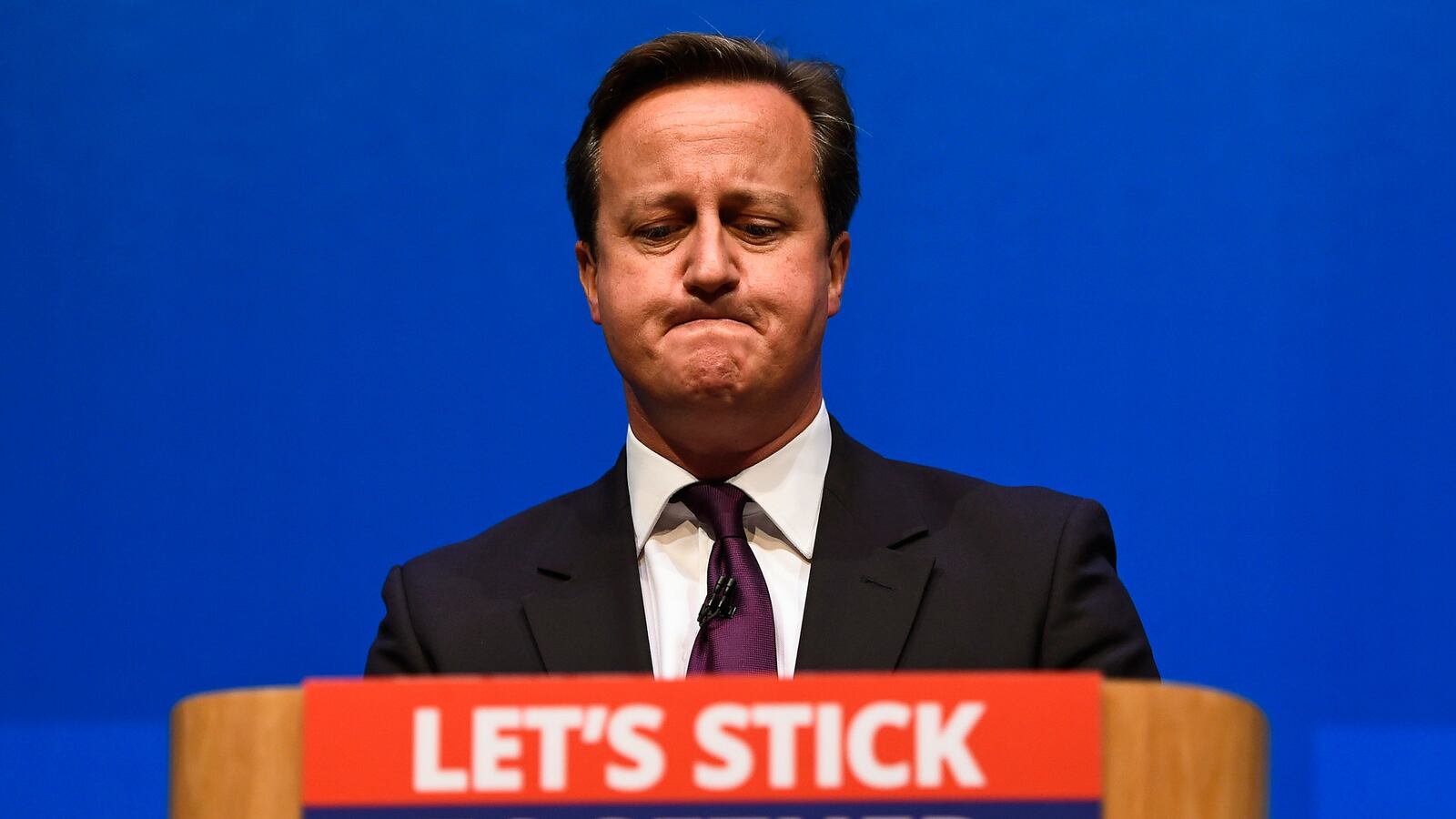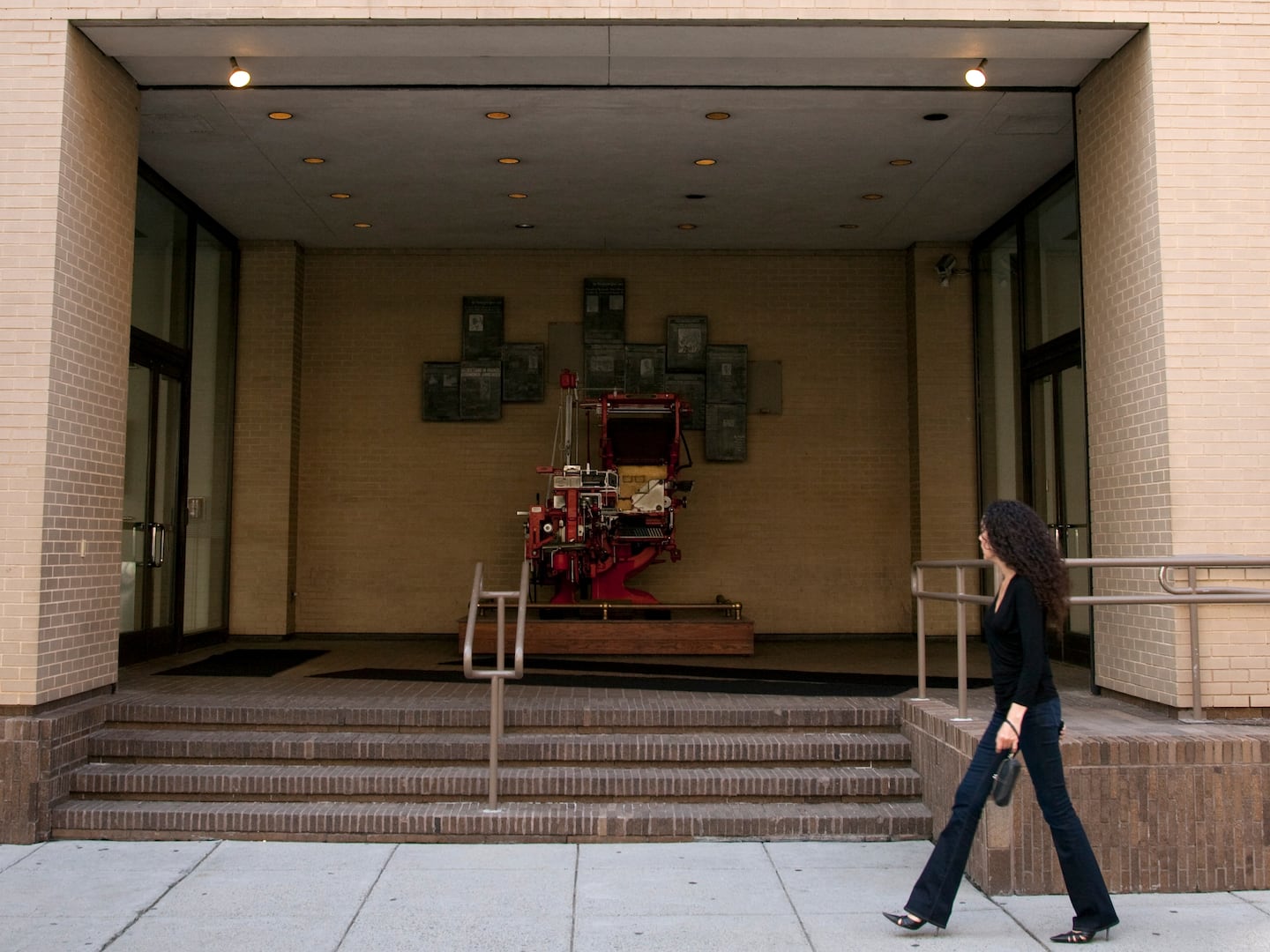Imagine with me for a moment that the states of New England left the United States of America. Yes, absurd—if anyone ought to leave someday, it’s the yellow-bellies who left the last time so that they could preserve their God-given right to keep other humans as property, not the patriots who founded the damn country. But let’s pretend.
Well, the implications would be many and weighty, both for the diminished USA and for the new entity. How would all the economic questions be sorted out? Would the New Englanders need passports? What would American higher education be without Harvard and Yale and the others? Would the Celtics stay in the NBA? But being a political person, I’d find the most interesting questions to be the political ones, and of the many that would arise, the bluntest would clearly be: Could the Democrats ever win a presidential election again?
The six New England states add up to 33 electoral votes. As things stand in this country, a decent Democratic candidate would be pretty unlikely to lose any of those. Right now, the Democrats have a “natural” (i.e., states they’ve usually won in recent history) Electoral College advantage of 257-206 (this math leaves Florida, Ohio, Virginia, Colorado, and Nevada unassigned to either party). Subtracting 33 from 257 changes that to the much closer 224-206, with 253 electoral votes rather than 270 now required for victory. In other words, the Democrats could certainly still win, but the math is considerably less reassuring.
This is how I’m thinking about the Scottish independence referendum, which takes place tomorrow. I can’t say that I care about Scotland one way or the other, but I do care whether Labour can continue to win elections, and if you care about that too, this is the sense in which you have a stake in the outcome.
Take a look at this map of House of Commons constituencies in the UK. The map is mostly blue for Tory, after the last national election, when the Conservatives gained. The main red-hued Labour regions of dominance are concentrated in four areas: south Wales, the Midlands (although they’re surrounded by blue), the Northeast—and Scotland. Labour currently controls 41 of the 59 seats in Scotland. British prime ministers, of course, are elected based on which party wins the most seats in the House of Commons. You take away Scotland, you take a major base of Labour strength. No wonder Labour is making a huge “no” push, sending native son Gordon Brown up to campaign as the vote nears.
However: The historical record does not, it should be said, support the cataclysmic conclusion that Labour could never win again. Labour has won eight national elections since universal suffrage in 1928, and only twice did it fail to win a majority in England and Wales (both times it was Harold Wilson, in 1964 and 1974). So a Scottish secession need not prevent Labour from winning in a reduced UK.
But think about this, returning to my American analogy. The New England states are the country’s most liberal, and they constitute the Democrats’ sort of core ideological home (I suppose along with New York and California). If they no longer counted, the Democrats, to remain competitive, would be forced, in Barry Goldwater’s famous locution, to go hunting where the ducks are. They’d have to start fighting the Republicans in states like Missouri, Georgia, North Carolina, and Arizona—the only four states where Barack Obama lost by single digits (out of 24 that he lost). And to do that, of course, they wouldn’t just have to move to the center, they’d have to sprint to it. Labour would have to do something similar. So if “yes” wins, the Labour Party of, oh, 2030 could make Tony Blair look like Tony Benn.
Most observers I’ve read or communicated with seem to agree that a “yes” result means a big long-term Labour problem. The party will really have to redefine itself. In the short term, though, the Tories might be hurt more by a “yes” win. Yesterday, Tory Prime Minister David Cameron gave an impassioned speech arguing for “no,” so a “yes” result would be a blow to his prestige and could lead to a revolt among the backbenchers, who hate him already. One poll found 30 percent of voters saying he should resign if “yes” wins.
It all gets even more baroque, and, in the short term anyway, even worse for the Tories. For example: In the event of a “yes” result, Scottish MPs will continue to sit in Parliament until Scotland actually became independent, which would happen after the next election, which will take place in 2015. So Scotland will participate in that election, a fact that favors Labour. But then after such an election, the Tories could benefit. Think about this perverse scenario: Let’s say “yes” wins tomorrow. And then let’s say Labour and Ed Miliband win the 2015 election. Then, in May 2016, Scotland would become independent—and suddenly, bam, those 40-odd Labour-held seats would vaporize. If the Labour margin was smaller than the number of seats the party held in Scotland, the Tories would be instantly back in power, without a national vote having taken place.
It seems too close to call, so they all say. My smell (from 3,000 miles away!) tells me that “yes” may have peaked a little early. Lots of public sentiment flocked to the “yes” column when yes’s Alex Salmond bested no’s Alistair Darling in the second debate on August 25. People have had time to reassess, perhaps.
On the other hand, the rules of the game seem to favor the independence side. Somehow, 16- and 17-year-old Scots are suddenly allowed to vote (and teenagers are presumably more likely to chose the rebellious “yes” option). The wording of the question, over which there was much haggling, gently favors a yes response. Right now the phrasing is: “Should Scotland be an independent country? Yes/No.” That’s more neutral than the original wording: “Do you agree that Scotland should be an independent country?” That was nixed because it was thought that voters could be less likely to say no to an invitation to agree to something.
However, the “no” side wanted the UK mentioned in the question—something like, “Should Scotland be an independent country or remain in the UK?” to remind voters of the old ties that bind. That actually seems fairer to me, as those are the two choices. But that was nixed. It’s all a reminder to us in the United States, where we’re fighting some of our most incendiary battles today over similar questions about who gets to vote and what’s on the ballot, that the making of these rules matters.
It’s fascinating and really worth paying attention to. And thanks to the time difference, we Yanks should learn the result without having to stay up late. I’m pulling for “no,” but if “yes” wins, maybe it will at least give South Carolina some ideas.






